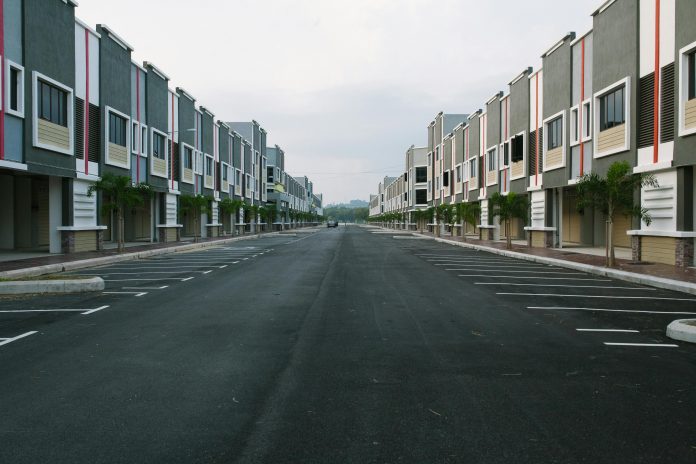I found out after I bought my condo that the parking stall wasn’t included on the title! What can I do?
Navigating a condominium purchase involves some different considerations compared to the purchase of a single-family home. Among other things, you need to consider your condominium fees and what they include, details regarding who runs the condominium board, and any specific condominium bylaws that may not allow for certain activities, such as pets or a BBQ. There are many things you should review prior to signing a purchase agreement, and sometimes the property listing doesn’t contain all the details.
Unfortunately, if a deal has already closed and the property has changed hands, there is little recourse for these issues outside of the courts. Consumers and licensees should be aware of possible problems and do their due diligence before making an offer.
One of the most overlooked details in condominium purchases involves the verification and documentation of parking spaces. Is the parking stall a deeded parking stall that is included in the purchase price for the condominium unit? Is it being sold separately from the condo unit or is it an assigned stall that is part of the common property?
The sellers are responsible for providing parking stall information to their licensee, and this should be detailed in the property listing. Yet it’s important to understand that listing details might not always be included or accurate. There is always the possibility that an error occurred when the seller’s licensee entered details on the listing database; a parking stall could be accidentally listed as a deed parking space, when is really is an assigned stall. The seller may have also given incorrect information to their licensee, who took them at their word.
This is where communication and due diligence are crucial. Oversights in information can lead to buyers receiving what they thought was a titled parking spot or discovering that their parking space is not as conveniently located as they were led to believe.
It’s imperative for the buyer licensee to proactively verify and document any aspects of a property purchase, including parking stall information, with the seller or their licensee and through their own due diligence, prior to making an offer.
Buyer licensees should view the property and the parking stall in-person preferably with the client, to ensure that it meets the client’s needs (is it large enough? is it close enough? is it handicap accessible?). The buyer licensee should also speak with the seller’s licensee to confirm any parking stall locations and any additional costs or fees that may be associated with them. These details should also be explicitly included in the condominium documents and/or title.
Seller licensees should also do their due diligence and verify the information given to them by their seller clients. It pays to catch misunderstandings early, before any money changes hands or contracts are signed.
When purchasing a condominium, you should always discuss your individual circumstances with your licensee so they may guide you as to what questions to ask, and any particulars that may need to be included in writing.
In the end, if something is missed through negligence or lack of due care on the part of a licensee, consumers can submit a complaint with RECA. The licensee(s) involved in the transaction could face sanctions for failure to provide competent service.










